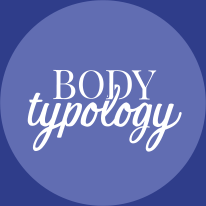Hypothyroidism Diet
This hypothyroidism diet is simply to help alleviate your symptoms by showing you how to choose beneficial foods and to learn which foods to avoid.
In general, it is important to follow a healthy diet. Avoid processed foods, white sugar, white flour, and any foods containing them.
 |
Foods that are beneficial:
|
Avoid eating large amounts of raw cruciferous vegetables, as these may further suppress thyroid function:
- Cabbage
- Brussels Sprouts
- Broccoli
- Cauliflower
- Collard greens
- Kale
- Spinach
as well as:
- Peaches
- Radishes
- Turnips
Eat them in moderation, or if your symptoms are severe, consider eliminating them entirely.
Avoid chlorine and fluoride. Chlorine is found in tap water and both fluoride and chlorine are found in toothpaste. These block the iodine receptors in the thyroid gland.
If you are taking Synthroid, it should be taken as directed by your physician, usually on an empty stomach. Soy products should be consumed in limited quantities and at least four hours after taking the medication so they do not interfere with the body's ability to absorb the medication. The same holds true for calcium supplements.
What nourishes the glandular system:
- Protein
- Minerals
- Essential fatty acids
- B Vitamins
Exercise is important as it helps balance hormone levels.
Make sure to express any emotions, especially anger or upset.
Follow these guidelines to help improve your condition naturally.
